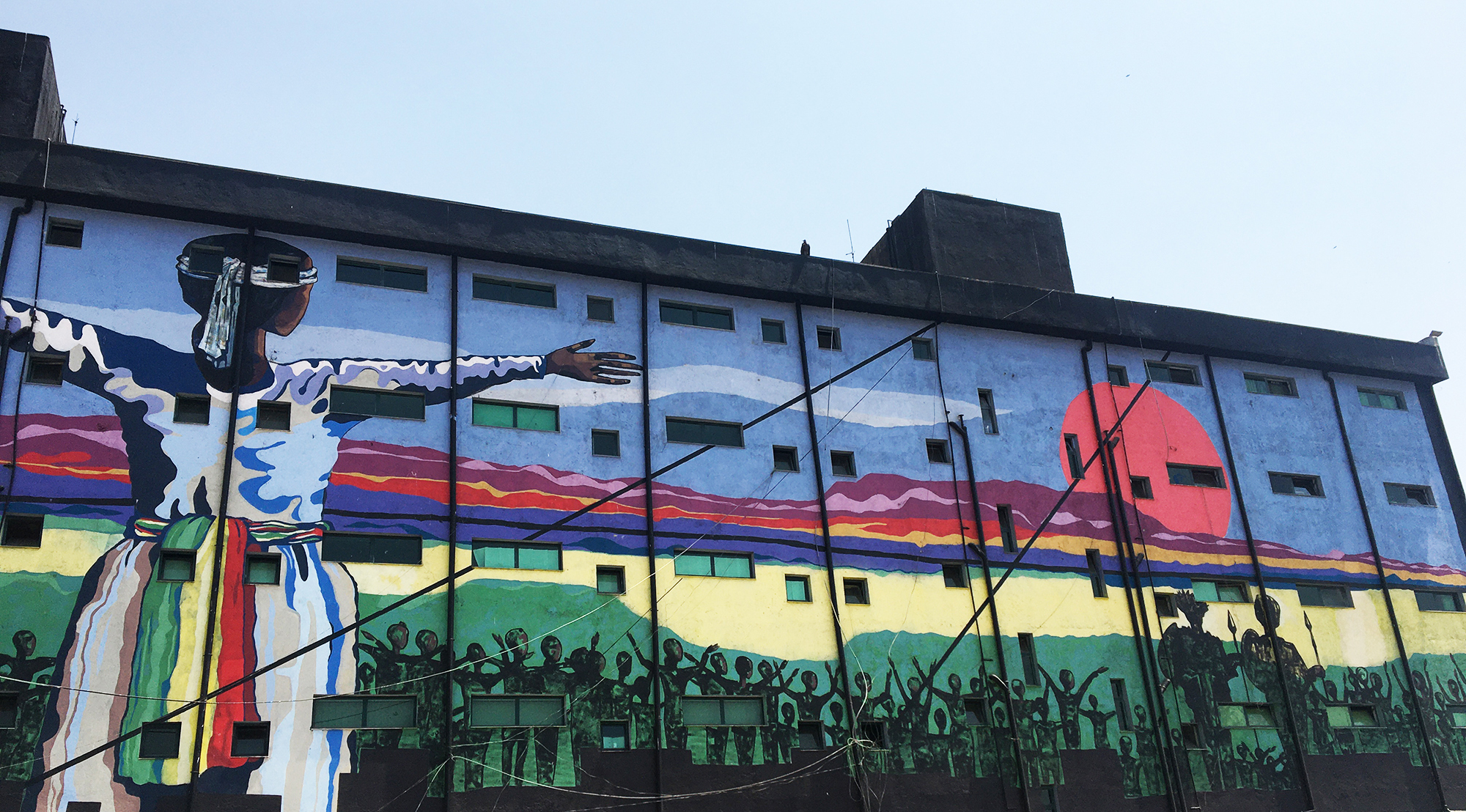Over the past two years, Ethiopia has experienced severe inter-ethnic conflict. Factors playing a key role in this conflict include a weakening central government, old ethnic rivalries ignited by political elites, high levels of hate speech towards different groups spread on social media, high youth unemployment rates and a general steep rise in crime. As a result of this conflict, Ethiopia was home to the highest number of internally displaced persons (IDPs) for much of 2018 and 2019. Although there have been strong efforts to re-integrate these displaced persons and to tackle this issue at large, tensions between different groups remain very high.
One very serious outcome of this instability is an anarchic situation in many regions. A lack of central authority and lawlessness along with inter-ethnic competition has meant that many regions have their own form of (ethnic) armed groups. Also fuelled by a rampant armed trade, many regions have their own regional army or some form of ‘special forces’. Some powerful regions such as Oromia and Amhara have standing armies of at least 50,000 strong. Within regional states, many zones are extremely unstable. For example, following a reported failed coup attempt in August 2019 which led to the killing of the Amhara regional state’s leader and other key officials, much of the Amhara region has remained unstable since. Much of the Southern Nations, Nationalities and Peoples (SNNP) and southern zones of Oromia, which have experienced some of the highest rates of inter-ethnic conflict and IDPs are a source of instability. Much of Western Oromia has been under complete network and internet shutdown since the middle of January with much anti-government sentiments and support for radical opposition groups being widespread in this region.
With these factors in mind, the Ethiopian government has also been accused by agencies such as Human Rights Watch of reverting back to authoritarian methods in silencing certain opposition parties and other dissidents. Practices such as cutting off phone or internet networks, threats, violence and torture, which have been used against dissidents in many cases of social unrest have been reported.
Given these circumstances, there seems to general speculative view that the coming elections will not really be free. However, the current regime has at large made more efforts in pathing the way for credible elections more than any previous ones. There are more than 150 registered political parties taking part in these elections. Regardless of the results, there are going to be winners and losers either way, and some form of social unrest is bound to occur as not all parties cannot be pleased. If the government is to oppress dissidents and abuse other forms of human rights, if it does not aim to restore some form of security throughout the country and fail to hold elections in the most free and fair way possible, then there will almost be no chances of peace in the near future for Ethiopia.


